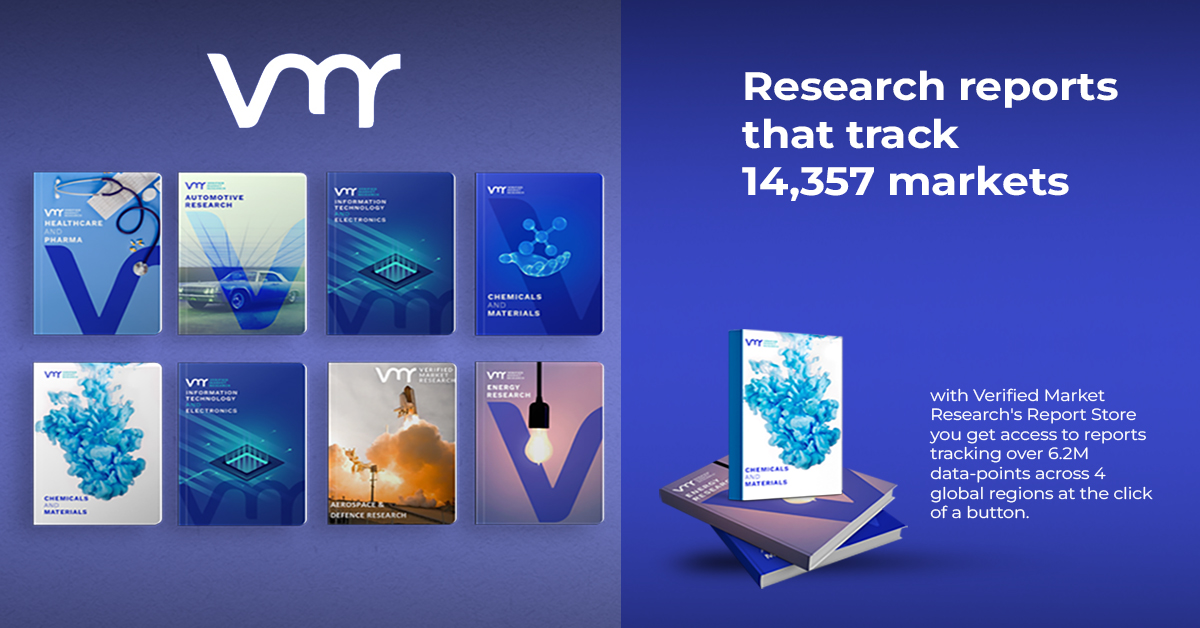The Ischemic Heart Disease Drugs Market: Key Trends and Insights for 2024
Market Growth and Dynamics
Expanding Market Size
The global IHD drugs market grew from $6.02 billion in 2023 to $6.36 billion in 2024, reflecting a compound annual growth rate (CAGR) of 5.7%. By 2028, the market is expected to reach $7.57 billion, with a projected CAGR of 4.4%. The growth is underpinned by factors such as an aging global population, increased awareness of cardiovascular health, and advancements in diagnostics and therapeutic approaches.
Key Drivers
- Rising Prevalence of Comorbidities: The growing prevalence of diabetes and obesity significantly increases the risk of ischemic heart disease. According to recent estimates, obesity rates are expected to double by 2035, while the number of adults with diabetes could reach 783 million by 2045. These conditions fuel the demand for effective cardiovascular drugs.
- Innovation in Drug Development: Advances in lipid-lowering therapies, anti-inflammatory agents, and antithrombotic drugs are enhancing treatment efficacy and patient outcomes.
Challenges
- High Treatment Costs: The cost of novel IHD therapies remains a barrier, particularly in low-income regions, where healthcare affordability is a concern.
- Regulatory Hurdles: Stringent approval processes and safety concerns often delay the introduction of innovative treatments.
Key Market Trends
1. Shift Toward Personalized Medicine
Precision medicine is revolutionizing the IHD drugs market. By tailoring therapies to individual genetic profiles and disease characteristics, this approach improves treatment effectiveness. Companies are increasingly investing in biomarker research to develop targeted therapies.
2. Biologic Therapies on the Rise
Biologic drugs, such as monoclonal antibodies and gene therapies, are emerging as promising solutions for managing complex cardiovascular conditions. These therapies focus on specific disease pathways, offering enhanced efficacy.
3. Digital Health Integration
Wearable devices and mobile applications are becoming integral to cardiovascular disease management. These technologies enable remote monitoring, real-time health data tracking, and personalized care plans, aligning with preventive healthcare goals.
Key Industry Developments
- Novel Drug Launches: Pharmaceutical giants are introducing innovative drugs that reduce side effects while improving patient adherence.
- Combination Therapies: Research indicates that combining different drug classes can enhance efficacy and mitigate adverse effects.
- Advanced Drug Delivery Systems: Transdermal patches and implantable devices provide controlled drug release, enhancing convenience and treatment compliance.
Market Leaders and Strategies
Major players, including AstraZeneca, Novartis, and Pfizer, dominate the IHD drugs market. These companies leverage strategies such as:
- Strategic Collaborations: Partnering with research institutions and healthcare providers to accelerate drug development.
- Geographical Expansion: Focusing on emerging markets to expand access to therapies.
- Investments in R&D: Allocating significant resources to develop next-generation cardiovascular drugs.
Impact of COVID-19
The pandemic disrupted healthcare services globally, delaying diagnoses and treatments for ischemic heart disease. However, it also underscored the importance of preventive measures and accelerated the adoption of telemedicine and digital health solutions.
Future Outlook
The IHD drugs market is poised for sustained growth, driven by:
- Technological advancements in drug development.
- Increased global focus on cardiovascular prevention.
- Expanding access to innovative therapies in developing regions.
Despite challenges like high treatment costs and regulatory complexities, the market is set to thrive by addressing unmet medical needs and prioritizing patient outcomes.
This comprehensive overview highlights the dynamic nature of the ischemic heart disease drugs market. As the industry evolves, collaboration among stakeholders, from pharmaceutical companies to policymakers, will be crucial in advancing treatment paradigms and improving cardiovascular health worldwide.
Sources:
- Markwide Research【8】
- Research and Markets【9】
- The Business Research Company【10】









